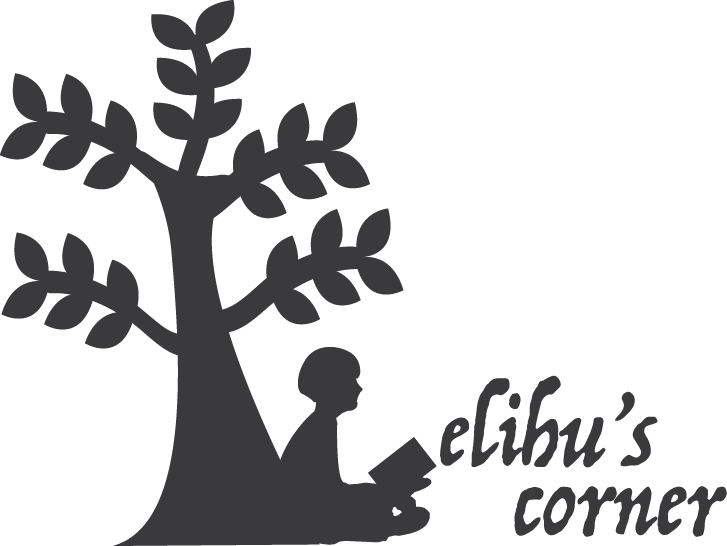
“What is truth?” These days, the truth is rather elusive, isn’t it? We’ve got people shouting on all sides that they absolutely are telling the truth, but since they aren’t saying the same thing, we’ve got to ask, “who is telling the truth?” Unfortunately, if you question someone’s truth claim these days, (particularly regarding the Rona), they often throw dubious evidence in your face and ask you why you hate science, (which is incredibly ironic since science is all about asking questions and digging for repeatable evidence).
There are plenty of people who believe that truth is relative: You have your truth and I have my truth and we can all exist in our own bubbles of truth, while being equally right and never having any problems at all… I hope those bubbles have finally popped because what we are seeing in 2020 should have already shredded that narrative.
Like the Roman governor of old, Pontius Pilate, each of us should ask the question, “What is truth?”
In the book, I Don’t Have Enough Faith to be an Atheist, Norman Geisler and Frank Turek make some excellent points about truth:
- “If something is true, it’s true for all people, at all times, in all places. All truth claims are absolute, narrow, and exclusive.“
- “Truth is discovered, not invented. It exists independent of anyone’s knowledge of it. (Gravity existed prior to Newton.)”
- “Truth is transcultural; if something is true, it is true for all people, in all places, at all times (2+2=4 for everyone, everywhere, at every time).”
- “contrary beliefs are possible, but contrary truths are not possible. We can believe everything is true, but we cannot make everything true.”
These points give us a better understanding of truth than a plain dictionary definition. If we understand that truth is absolute and narrow, the next challenge is finding the truth in a world teeming with lies. Begin your search of truth by asking hard questions. Pilate asked a good question: “What is truth?” Define terms!! Ironically, the epitome of truth stood before him in the person of Jesus, the son of God, and Pilate did not press for an actual answer. God is the creator of the universe and created an earth with reliable, grounding, discoverable truths (i.e. The ocean is salty, the sun brings warmth, seasons are cyclical, etc.)
In the Bible, we discover:
- God does not lie (which means, of course, that God always speaks truth) (Hebrews 6.18, Titus 1.2, Numbers 23.19)
- Jesus is truth (John 14.6)
- Love rejoices with the truth (1 Corinthians 13.6)
- It is more loving to be truthful than deceitful (Proverbs 27.6)
God’s own standard for providing evidence is two or more witnesses. Jesus’ deity was testified to by God the Father, the Holy Spirit, John the Baptist, the apostles, and many other people. The gospels are written testimonials! These people who proclaimed Jesus were all so convinced of the truth that they were willing to share it with people even though it usually meant death or exile. They had nothing to gain in this life from the truth, but they had everything to gain in eternity!
Do we share this conviction?
Are we willing to lose friends, jobs, or relationships, in order to share the life-saving truth of the gospel? Or, do we hide the light of truth under a basket?
We have an innate desire to understand the truth of a matter, yet people often prefer the comfort of lies to the discomfort of truth. Truth unmasks our flaws. Truth unveils our own wickedness. Truth identifies and exposes evil. If we are looking into the word of God with honest hearts, we will squirm uncomfortably as we recognize the sin still lurking in our lives.
The best thing we can cling to in these storms of life is the truth of God’s word. His presence will ground us and give us peace even when there is no peace around us.
I hope you will join us in copying passages of scripture that focus our minds on the power, beauty, and peace of truth.
To download this month’s scripture writing plan, click the links below:
Sara McBroom has also provided us with tracing and copying sheets for your kids. I know many of you have kids schooling from home this year and this is a great tool to help you incorporate scripture into your child’s learning!
If you’re not sure how to use a scripture writing plan, check out this post: How to Use Scripture Writing Plans.
May you be blessed as you grow in truth and love, dear friends!
